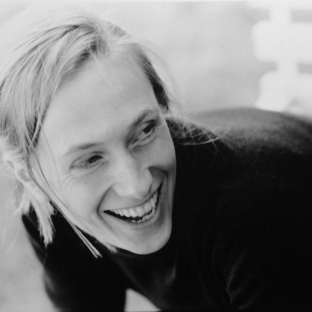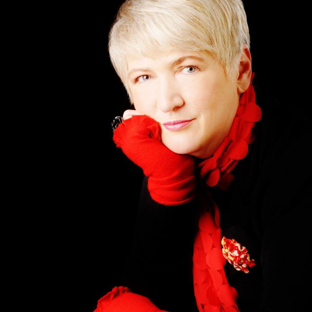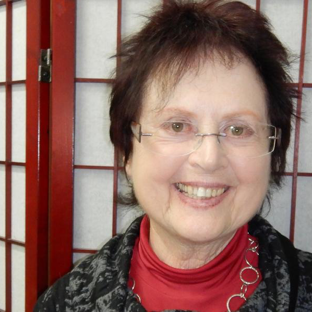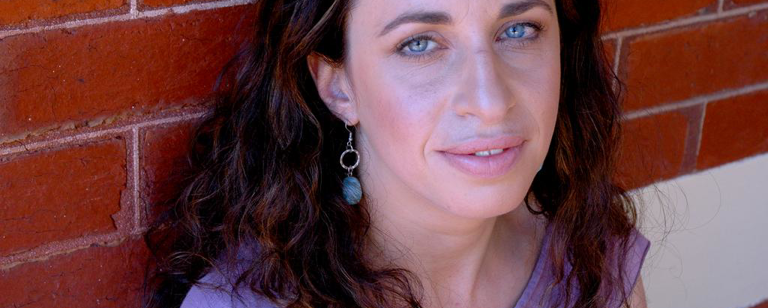‘Time is what makes everything OK. How it flows forward and circles round itself, both; how life, suspended, zero gravity, in time consists of so many things repeating.’
Maria Tumarkin is one of Australia’s foremost writers of creative non-fiction. With Axiomatic, her fourth book – seven years in the making – she explores the limits of stories and of institutions, and thoughtfully scrutinises disparate yet interlocking encounters with teen suicide, drug abuse and child Holocaust survivors.
Also a sought-after essayist, critic and cultural historian, Tumarkin has earned her reputation as a relentless excavator of human nature. In Axiomatic, she burrows deep into the nature of time and trauma – and, with rigorous precision, reveals how the past haunts the present.
With host Melinda Harvey, Maria Tumarkin will speak with some of the people whose stories – lives – feature in the book, including Lisa West McNeice, Vanda Hamilton and Sophie Bibrowska.
Note: Please be advised that this conversation will include discussion of traumatic and confronting subjects.
Hill of Content will be our bookseller at this event.
Featuring

Melinda Harvey
Melinda Harvey has published widely as a book critic for over a decade and is a judge of the Miles Franklin Literary Award. She is Lecturer in Literary Studies at Monash University and is currently at work on a book about women critics.

Maria Tumarkin
Maria Tumarkin writes books, essays, reviews, and pieces for performance and radio; she collaborates with sound and visual artists and has had her work carved into dockside tiles. She is the author of four books of ideas. Her fourth ...

Lisa West McNeice
During her twenty or so years as a teacher in secondary classrooms, Lisa West McNeice has taught English, English Language, Literature and Art. At Monash University she worked with beginning teachers, and as a consultant she has worked with teams of teachers across the state to engage students and enrich their experience of English. She is a published poet and songwriter and has had experience in student theatre as a writer, director and set designer. Lisa now teaches privately and pursues as creative a life as possible. In 2018 she completed her first major show, an art exhibition incorporating music and poetry performance.
In her creative work, Lisa’s focus is on the operation of landscape and treasured objects on memory and therefore on the stories we tell ourselves. Lisa also aims to support others as much as possible to give voice to their ideas through words, images and music.

Vanda Hamilton
Vanda Hamilton worked as a journalist, in marketing and public relations and in theatre before undertaking a law degree as a mature age student. She spent nearly nine years as a community lawyer in St Kilda. Vanda currently works for the Mental Health Legal Centre, and runs legal clinics in a male prison as well as appearing at Mental Health Tribunal hearings for mental health service consumers.
Vanda is involved with an international group called Lawyering on the Margins, which is auspiced by Open Society in New York, and has been lucky enough to be invited to meet with them in Copenhagen, Cape Town, and Vancouver. She has been inspired by the work done by lawyers from all over the world working in challenging environments, and is committed to initiating programmes which have worked well in other countries in Australia.

Sophie Bibrowska
Sophie Bibrowska lectured in French literature at Monash, Melbourne and La Trobe Universities before returning to study to be a psychologist at the age of fifty. She worked with long-term unemployed people in the community sector, then with people suffering from trauma following the war in ex-Yugoslavia. She has become especially interested in hypnosis and issues of creativity. She is now in private practice in St Kilda as well as working on her second PhD.
She is exploring links between Buddhism and Western psychology, and also how the concept of the unconscious can help explain experiences of artists and mystics. She is interested in ways in which the spiritual experience can enhance psychologists’ work.
